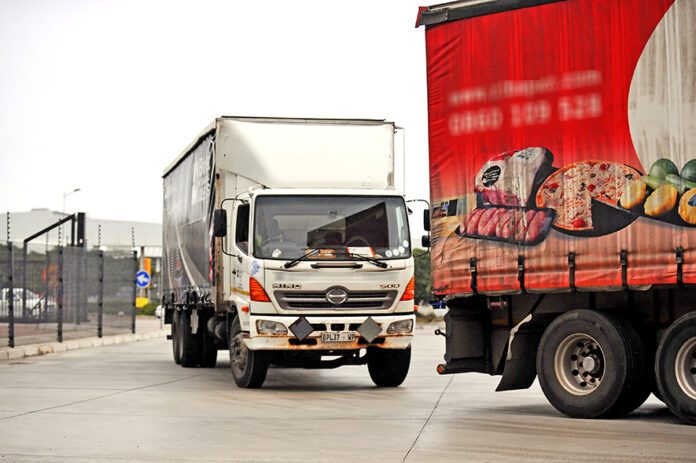The ever-increasing costs of petrol and diesel might affect consumers as prices of food and other essentials are expected to hit the roof.
This after the Central Energy Fund said recently that the rising prices can be attributed to increases in international fuel prices.
On Wednesday, diesel shot up by 71 cents for 500ppm (72 cents for 50ppm) while prices for both grades of petrol – 93 and 95 – jumped by 37 cents per litre.
Even though the increases were less than expected after the rand strengthened against the dollar, the Road Freight Association (RFA) said fuel prices are not where the local economy would like them to be.
Gavin Kelly, the CEO at RFA, said transporters will feel an impact on their businesses and noted that there will be inevitable price escalations.
“Some immediately, but more so a domino effect will ensue, the next in a long line of such domino effects that we have seen too often in the last few months,” said Kelly.
“A challenge for any transporter is always the need to fund operations, which includes the daily consumption of fuel against the backdrop of delayed payment for services rendered – in some cases up to months afterwards.”
Kelly said about 85% of all goods are moved through and around the country, and noted that fuel is at a 50% mark in daily transport operating costs.
“In the short term, general transport costs will rise from food to fuel, from clothing to electronic goods and everything in between.
“The cost will be borne by the consumer, who will continue to feel inflationary price pressures in the short to medium term [subject to how long high fuel prices are around].”
He added that the Reserve Bank gave South African consumers a breather recently by not increasing the central bank’s repo rate.
“Let’s hope that we have seen a more permanent reprieve in that arena,” he said.
Follow @SundayWorldZA on Twitter and @sundayworldza on Instagram, or like our Facebook Page, Sunday World, by clicking here for the latest breaking news in South Africa.



